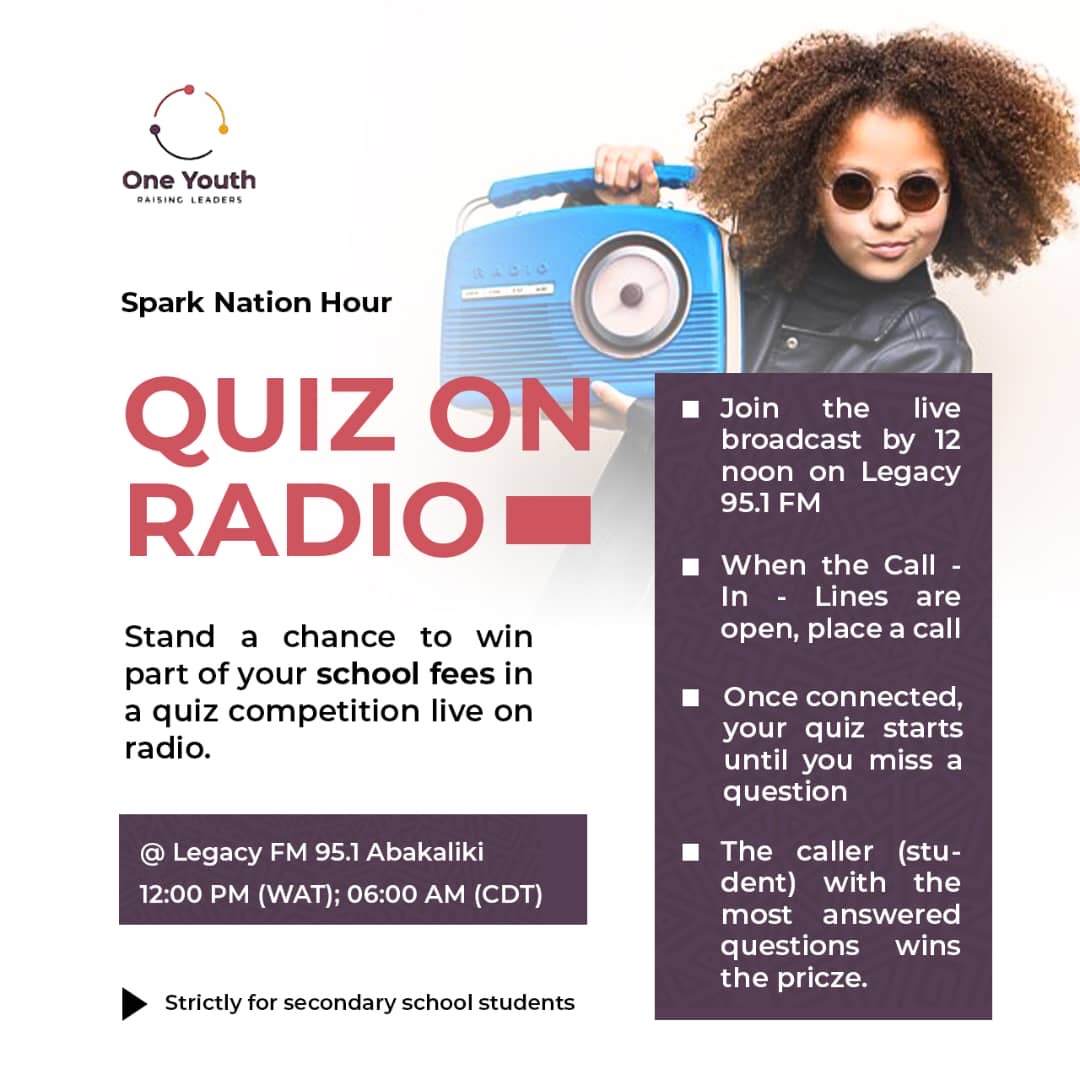What does it truly mean to be a good person, a good Nigerian, in today’s Nigeria? It’s a question many citizens now find themselves asking — not in classrooms or conferences, but in the middle of everyday experiences where survival is often at odds with principle.
Last week, I was driving home, just another evening in the city. A new hit song played on the radio — the kind everyone’s dancing to these days — and for a brief moment, I felt light. But the moment quickly dissolved as I spotted the orange glow of a police checkpoint ahead.
“Oga, park!” one of the officers ordered. He couldn’t have been more than 25, yet he wielded the authority of a minor deity. He looked at my papers — all valid, all in order — then looked at me and said, “Your papers are in order, but your face is not smiling. Anything for the boys?”
I froze. In that moment, I wasn’t just a citizen. I was a man torn between standing for what’s right and simply getting home safe. Stories of Emmanuel Dickson, Musa Sahada, and a WAEC student killed recently in Oyo State flashed through my mind. I looked at the worn-out Naira notes in my car and handed one over. I hated myself for it, but I did it. Because in today’s Nigeria, it’s not always about justice — it’s about staying alive.
This is the unspoken lesson citizens learn across the country. The same applies when you see a local government chairman, who had little before the elections, now living in a mansion while his children post selfies from London and Dubai. Meanwhile, you are calculating how to pay your own children’s school fees.
What do you do? Do you speak out? Write petitions that disappear into silence? No. You look away. You mutter, “Na God o,” and you continue your hustle. Even when his convoy splashes mud on you, you wipe your face and move on. Because to demand accountability is to invite trouble. And no one has the energy — or safety — for that anymore.
Nigerians have mastered the art of enduring. The generator groans. The heat is unbearable. The price of rice has doubled — again. But you laugh at skits on WhatsApp and forward memes like they’re lifelines. It’s not ignorance; it’s a defense mechanism, a way to stay sane.
Somewhere along the line, we stopped demanding comfort. We started taking pride in our ability to survive hardship. Our resilience became our greatest weapon — and our greatest curse.
Then comes election season. The same politician who mismanaged local funds returns with bags of rice, Ankara with his face printed boldly, and ₦500 notes. You clap. You dance. You hail him as “our leader.” Not because you believe in him — but because that bag of rice is the most tangible thing governance has ever given you.
It’s easier to join the carnival than to stage a protest.
You clap for the man who stole your tomorrow because he’s giving you a meal today. You grease palms when necessary. You look the other way when things go wrong. You smile through the pain.
Because that’s what it means, these days, to be a good Nigerian.
And though it hurts to admit, we have all become excellent students.
Got insights on politics, economy, governance, or society? Share your perspective! Submit your opinion pieces and contribute to meaningful discussions. Send your submissions to ebonyinews.ng@gmail.com

